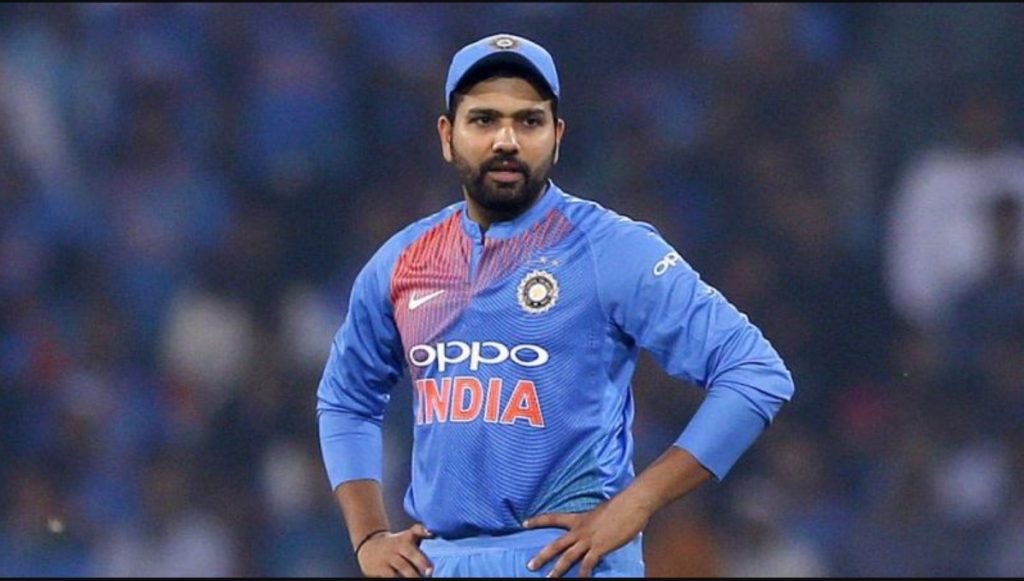
Lalit Modi, as the visionary founder of the Indian Premier League (IPL), revolutionized cricket by merging sports with entertainment, attracting a diverse audience and boosting revenues through innovative strategies. However, his remarkable achievements are marred by serious allegations of financial misconduct, including money laundering and tax evasion, which led to his suspension and subsequent legal battles. Despite the controversies, Modi’s impact on the cricket industry is undeniable, fostering a new model of franchise-driven sports. This duality of perception as either a genius or a fraudster continues to spark debate, raising important questions about integrity in sports management. More unfolds in this complex narrative.
Early Life and Background
Lalit Modi’s early life was marked by significant privilege and opportunity, having been born into a wealthy business family in Delhi on November 29, 1963. His family business, Modi Enterprises, encompassed diverse sectors such as food, beverages, and tobacco, providing him with a robust foundation in entrepreneurship.
Modi’s education background included a prestigious tenure at Harvard Business School, where he specialized in finance and business management. This academic exposure equipped him with critical insights into market dynamics and strategic operations, which he later applied in his professional endeavors.
His involvement in the family business cultivated an understanding of corporate governance and the importance of innovation—qualities that would later influence his ventures in the sports industry, notably cricket.
Rise of the IPL
The inception of the Indian Premier League (IPL) marked a transformative era in the world of cricket, merging traditional sports with modern entertainment.
Lalit Modi’s vision encompassed innovative IPL marketing strategies that significantly broadened the league’s appeal. By incorporating celebrity involvement, the IPL attracted not only cricket enthusiasts but also a diverse audience drawn by the glamour associated with prominent figures from film and sports.
The franchise model allowed high-profile ownerships, generating substantial revenue and fostering intense rivalries. The league’s shorter match format catered to younger viewers, enhancing its marketability.
The result was a groundbreaking platform that reshaped the cricketing landscape, establishing the IPL as a lucrative enterprise in the global sports arena.
Controversies and Allegations
While the Indian Premier League’s (IPL) success revolutionized cricket and attracted global attention, it was not without significant controversies and allegations that have marred its image.
Lalit Modi faced numerous accusations of financial irregularities, which included claims of banking issues, money laundering, and fund misappropriation. His suspension in 2010 for alleged financial malpractices related to IPL operations marked the beginning of a series of legal battles that would follow.
Investigations into broadcasting rights and sponsorship deals further revealed discrepancies that raised eyebrows within the cricketing community. In 2013, Modi was charged with financial crimes, including tax evasion, prompting his relocation to London.
These controversies have cast a long shadow over his contributions to cricket and the IPL.
Impact on Cricket Industry
Upon its inception in 2008, the Indian Premier League (IPL) fundamentally transformed the cricket industry, introducing a model that fused sports with entertainment and business acumen.
This financial innovation redefined revenue streams through franchise ownership, sponsorships, and broadcasting rights, significantly increasing the financial stature of cricket.
The IPL’s entertainment integration, characterized by celebrity involvement, music, and cheerleading, attracted a diverse audience, enhancing viewer engagement and expanding the demographic reach of the sport.
The shorter match format also appealed to younger fans, revitalizing interest in cricket.
Consequently, the IPL not only generated vast economic growth but also set a precedent for global sports leagues, influencing how cricket is marketed and consumed worldwide, thereby altering the landscape of the cricket industry permanently.
Legacy and Public Perception
Lalit Modi’s influence on the cricket industry extends beyond the financial successes of the Indian Premier League (IPL); it has also shaped his legacy and public perception significantly.
His innovative approach transformed cricket into a lucrative entertainment spectacle, garnering substantial public sentiment in favor of the IPL.
However, controversies surrounding financial irregularities and allegations of fraud have tainted this legacy, leading to a polarized view of Modi.
While some regard him as a visionary who revolutionized the sport, others label him a fraudster, questioning the ethical implications of his methods.
This dichotomy reflects a lasting influence on cricket, as Modi’s actions continue to spark debate about integrity and innovation in sports management, ultimately impacting how future leaders navigate similar challenges.
Conclusion
The narrative surrounding Lalit Modi remains a complex tapestry of innovation and controversy. As the architect of the IPL, Modi’s vision transformed cricket into a global spectacle, yet the shadows of financial misconduct loom large. The ongoing debate regarding his legacy invites scrutiny: should he be revered as a pioneer who reshaped the sport, or condemned as a figure entwined in scandal? Ultimately, the question persists—can the brilliance of the IPL eclipse the darker chapters of its creator’s story?